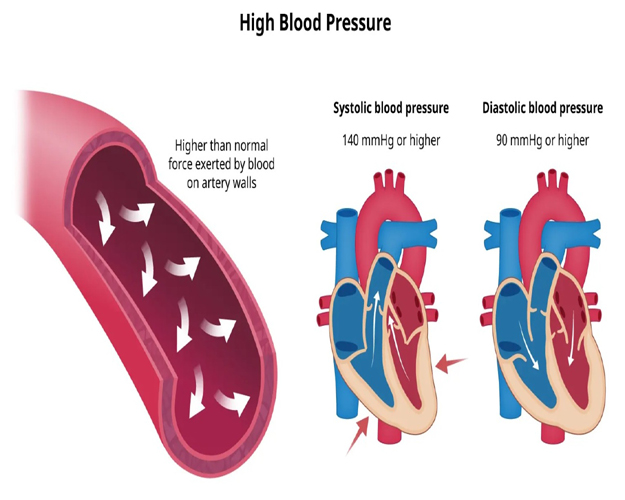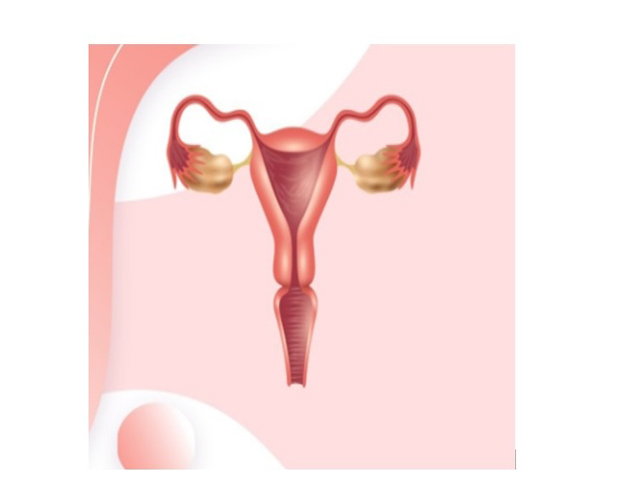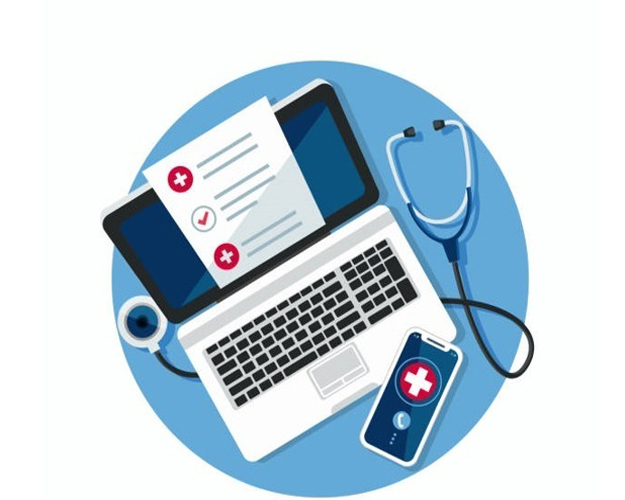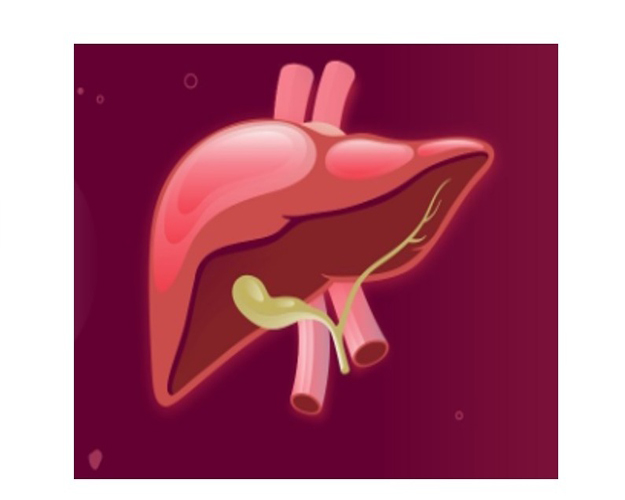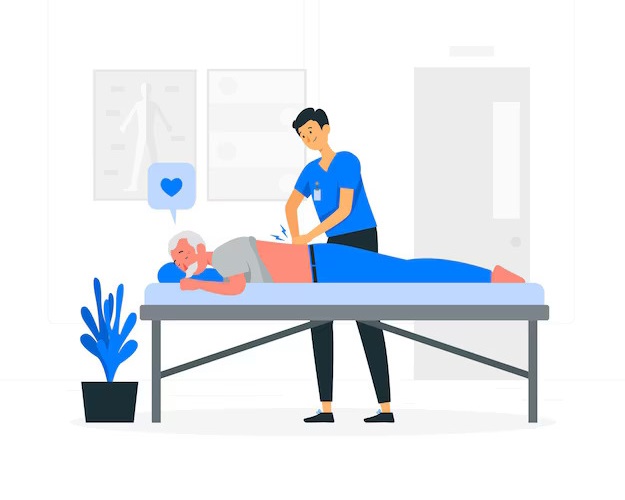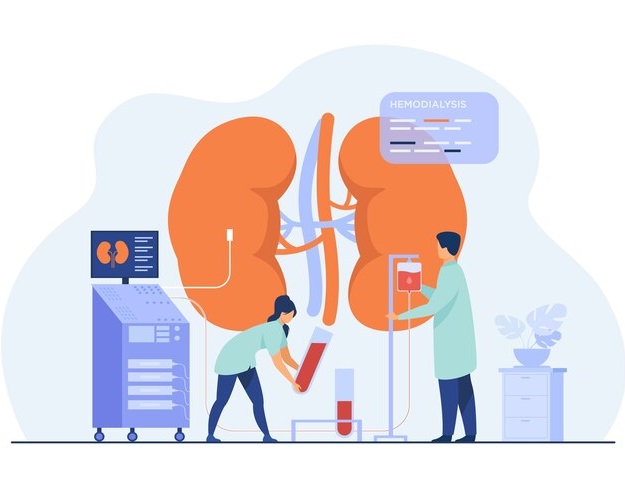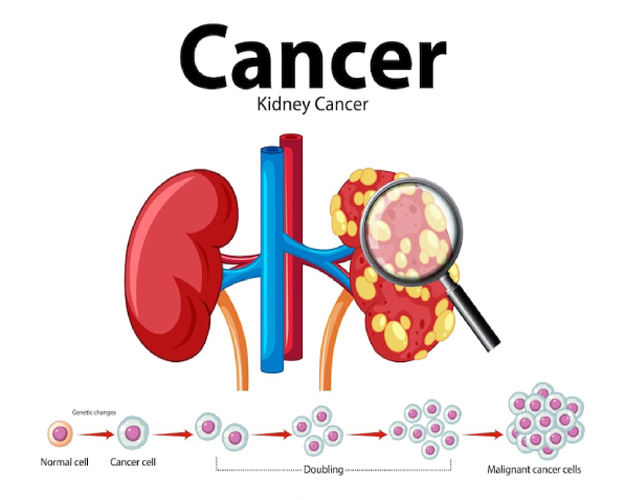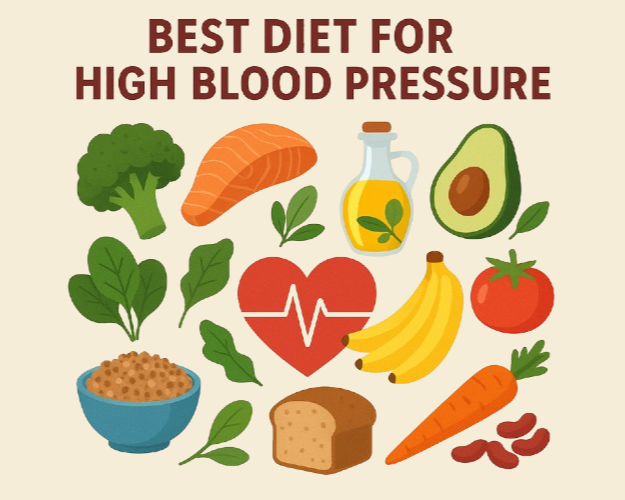
Best Diet for High Blood Pressure: Hypertension-Friendly Foods Guide
Discover how diet affects blood pressure and learn the best hypertension-friendly foods. Expert tips, DASH diet guidance, and a sample meal plan by ITM Hospital Gwalior.
Diet plays a crucial role in regulating blood pressure and preventing hypertension-related complications. By choosing hypertension-friendly foods, reducing sodium, and adopting heart-healthy habits, you can significantly lower blood pressure and support long-term cardiovascular wellness. At ITM Hospital Gwalior, our specialists emphasize nutrition as a key pillar in hypertension management.
Understanding the Link Between Hypertension and Diet
Hypertension occurs when the force of blood against artery walls remains consistently high. If uncontrolled, it increases the risk of heart disease, stroke, kidney failure, and other serious health issues.Your daily diet directly influences blood pressure. Certain foods help protect blood vessels, while others trigger pressure spikes. Recognizing these dietary factors empowers you to make smarter, heart-healthy choices.
Key Dietary Principles for Lowering High Blood Pressure
Following core nutrition principles can help stabilise and reduce blood pressure:
1. Increase Potassium, Magnesium & Calcium Intake
These minerals relax blood vessels, balance electrolytes, and help lower pressure.
2. Limit Sodium (Salt)
High sodium causes fluid retention and raises vascular pressure. Aim for less than 1,500–2,300 mg/day.
3. Eat Fiber-Rich Foods
Fiber supports weight control, cholesterol reduction, and blood pressure stability.
4. Choose Lean & Low-Fat Protein Sources
Opt for fish, poultry, plant protein, and low-fat dairy instead of high-fat meats.
The DASH Diet: A Proven Approach to Hypertension
The Dietary Approaches to Stop Hypertension (DASH) diet is one of the most scientifically supported eating plans for lowering blood pressure. It encourages:
1. 4–5 servings of fruits daily
2. 4–5 servings of vegetables daily
3. 6–8 servings of whole grains
4. 2–3 servings of low-fat dairy
5. Lean meats (≤2 servings/day)
6. 4–5 servings/week of nuts, beans & legumes
7. Low intake of saturated fat, cholesterol, and sodium
This balanced approach improves vascular health and promotes healthy weight.
Hypertension-Friendly Foods: What to Eat
1. Fruits & Vegetables
Best choices: Bananas, oranges, berries, avocados, sweet potatoes, spinach, broccoli, tomatoes.
Benefits: High in potassium, magnesium, antioxidants, and fiber to help regulate pressure.
2. Whole Grains
Best choices: Brown rice, oats, quinoa, whole wheat bread, whole grain pasta.
Benefits: Improve cholesterol, stabilize blood sugar, and support heart health.
3. Low-Fat or Fat-Free Dairy
Best choices: Skim milk, low-fat yogurt, cottage cheese.
Benefits: Rich in calcium and protein without unhealthy saturated fat.
4. Lean Proteins
Best choices: Skinless poultry, fish (salmon, mackerel), tofu, beans, lentils.
Benefits: Provide essential proteins and omega-3s while reducing artery inflammation.
5. Nuts, Seeds & Legumes
Best choices: Almonds, walnuts, flaxseeds, peanuts, lentils, chickpeas, soybeans.
Benefits: Offer healthy fats, magnesium, and fiber to support vascular function.
Foods to Avoid or Limit
To prevent spikes in blood pressure, limit:
1. High-salt processed foods (canned soups, packaged snacks, pickles)
2. Sugary drinks and desserts
3. Foods high in saturated or trans fats (fried foods, fatty red meat)
4. Excessive alcohol consumption
Practical Eating Tips for Better Blood Pressure
1. Read nutrition labels and choose low-sodium products.
2. Replace salt with herbs, spices, lemon, or garlic.
3. Cook fresh meals to control salt, fat & sugar.
4. Snack on fruits, vegetables, or unsalted nuts.
5. Drink plenty of water; minimize sugary beverages.
How Diet Improves Blood Pressure: What Research Shows
Studies indicate that adopting healthy eating habits—especially DASH or Mediterranean-style diets—can reduce systolic blood pressure by 8 to 14 mm Hg. These dietary patterns improve blood vessel flexibility, manage weight, support kidney health, and reduce long-term hypertension complications.
Conclusion
Your diet has a direct impact on blood pressure control and heart health. Incorporating fruits, vegetables, whole grains, lean proteins, low-fat dairy, nuts, and seeds—while limiting salt, sugar, and unhealthy fats—helps reduce hypertension and enhances overall wellbeing. Consistency in these habits is key to long-term blood pressure management.
Need Help Managing Hypertension?
For personalized dietary guidance and expert hypertension care, visit ITM Hospital Gwalior. Our dietitians and cardiology specialists can help you create a customized nutrition plan for healthier living.
Book your appointment- 9090191963/64

